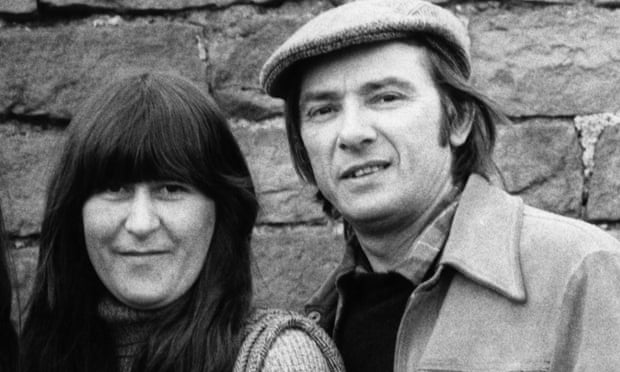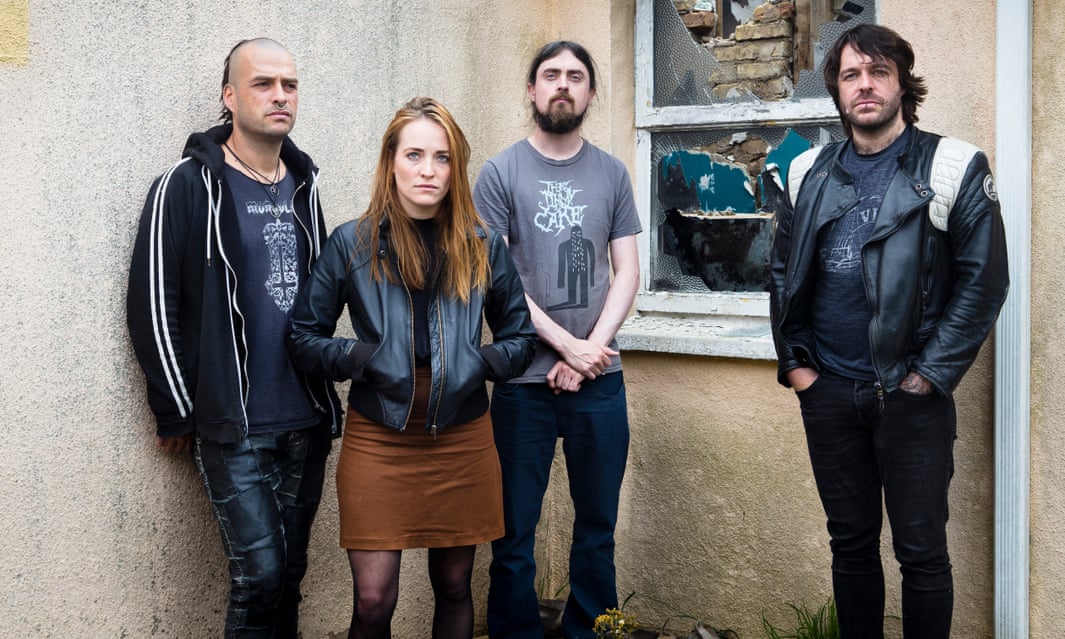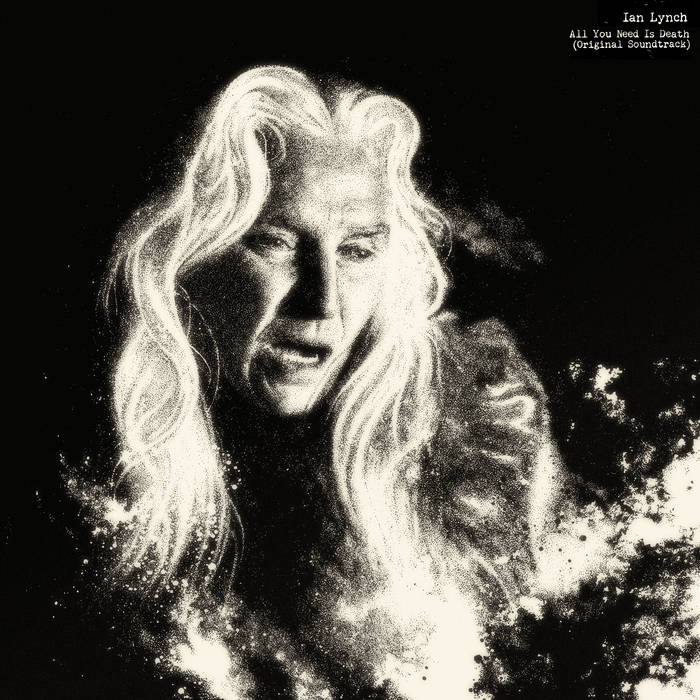 Ian Lynch All You Need Is Death OST (2024)
Ian Lynch All You Need Is Death OST (2024)
All You Need Is Death is a film about song collectors who learn of a haunted song from the deep past. This is the soundtrack to it, mostly instrumental but with a couple of bursts of vocal from people who appear in the film, including Simone Collins (the film's co-lead), Brendan Gleeson (a tradder in real life as well as an actor), and then a terrifying turn from Olwen Fouéré. Ian Lynch is one of Lankum and this record might appeal to people have been put off that band by an aversion to rough working class Dublin voices.
My beloved picked up a copy of this at a gig launching the album. Barry is an uilleann piper and this sees him playing traditional tunes with an array of other musicians. I have been known to claim that Irish traditional music played in a straight down the line way does not record well (the success of Planxty and the Chieftains provides no counterargument), but Littoral proves me wrong. It is pleasing on the ear and well produced and I recommend it to anyone who needs more piping in their lives.
S. R. Sellens "A Drop of Nelson's Blood" (2023)
This is a well-known sea shanty in which the first verse goes like this:
"Oh a drop of Nelson's blood wouldn't do us any harm
A drop of Nelson's blood wouldn't do us any harm
A drop of Nelson' blood wouldn't do us any harm
And we'll all hang on behind"
Later verses substitute various other things for 'A drop of Nelson's blood' (e.g. a night out with the girls, a damn good flogging, a nice fat cook (this may be the bowdlerised version), and so on). The song's origins are from the possibly true story that after Nelson was killed at Trafalgar his body was brought home in a barrel of brandy, with the thirsty sailors being happy to drink some of the brandy even if it might be contaminated by Nelson's blood (yarrr!). Or perhaps Nelson's blood became a nickname for rum, in which Nelson was also reported to have been pickled.
This particular recording is a musical accompaniment to a Regency Cthulhu (think Jane Austen heroines v. eldritch horror) roleplaying game scenario in which the players attend a banquet and are served some special brandy in a nothing-to-worry-about manner. It's actually an impressively solid recording of a tune I have sung myself many times at Unthanks singing weekends.
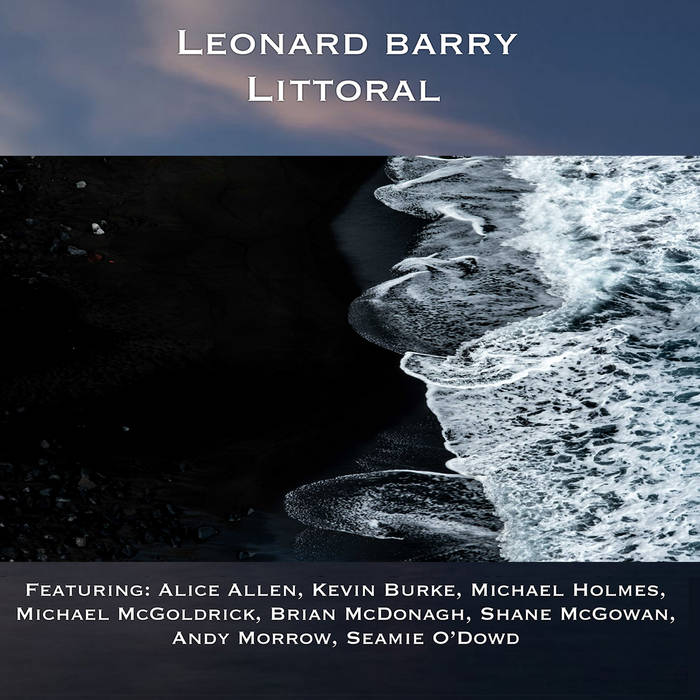

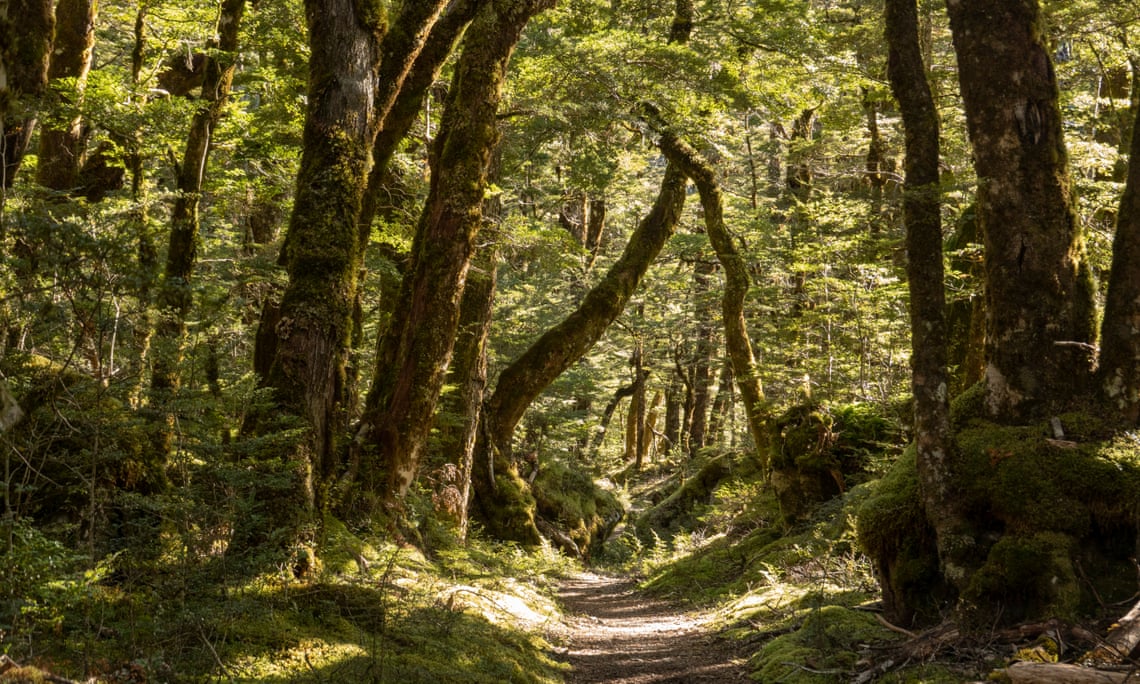

:format(jpeg):mode_rgb():quality(90)/discogs-images/R-2047800-1260722169.jpeg.jpg)
